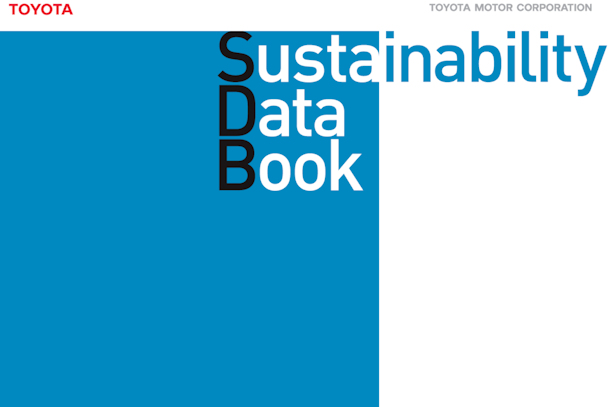Respect for Human Rights
Aim
- Toyota aims to be the best company in town that is both loved and trusted by the people.
- Respect and honor the Human Rights of our employees, customers and all individuals that are impacted by our business.
- Each employee contributes to the creation of a work environment that promotes safety & health, respects each employee's dignity, is inclusive, and is free from discrimination, harassment, child labor and forced labor. This is essential to ensuring a decent work environment.
Initiative
- Toyota refers to and also respects the "United Nations Guiding Principles on Business and Human Rights" (UNGP) and promotes activities related to Human Rights based on these guidelines.
- Individuals working at Toyota respect Toyota's Human Rights policy and also align with the Sustainability Supplier Guidelines and implement Human Rights due diligence and educational activities.
Human Rights Due Diligence*1
To meet the expectations of our stakeholders, we refer to international norms such as the UN Guiding Principles on Business and Human Rights and the Universal Declaration of Human Rights to tackle issues related to human rights.
To exercise human rights due diligence within the supply chain*2, Toyota utilizes the Supplier Sustainability Guidelines, which specifically state that Toyota respects human rights and expects its supplier network to also have this perspective. Working together with our suppliers on risk monitoring, developing countermeasures, tracking, and remediation allows Toyota to provide guidance and support to potentially affected stakeholders.
Furthermore, to be more transparent, we work together with external stakeholders including NGOs to both understand the societal expectations and assess our prioritized activities accordingly. By doing so, we hope to engage in corporate activities that are fair and impartial.
Toyota's action taken for Forced Labor of Migrant Workers (Statement on the Modern Slavery Acts)
Toyota issues the annual statement "Toyota's action taken for Forced Labor of Migrant Workers (Statement on the Modern Slavery Acts)" to report on its response to the current situation regarding forced labor at production sites within Japan and globally in light of the United Kingdom's Modern Slavery Act 2015 and similar laws and regulations in other countries*3.
In this statement, we disclose Toyota's commitment to the relevant laws and describe the measures implemented to prevent any modern slavery, including both forced labor and human trafficking, in both our direct operations and in supply and value chains*4.
| *1 | The process used for the identification, prevention, and mitigation of negative human rights impacts. |
|---|---|
| *2 | Refers to the entire process of vehicle manufacturing, from the procurement of raw materials and components for a product to assembly, including component manufacturers and materials. |
| *3 | Example: Modern Slavery Act 2018 (Australia) |
| *4 | Refers to the full range of services offered to customers after sales of a completed product. |
